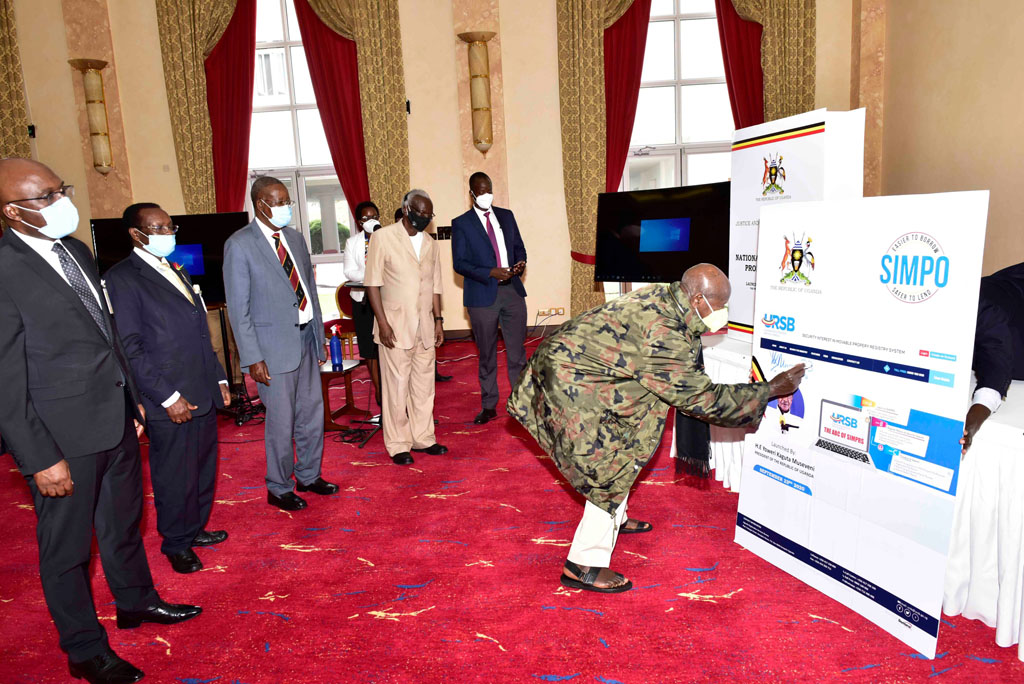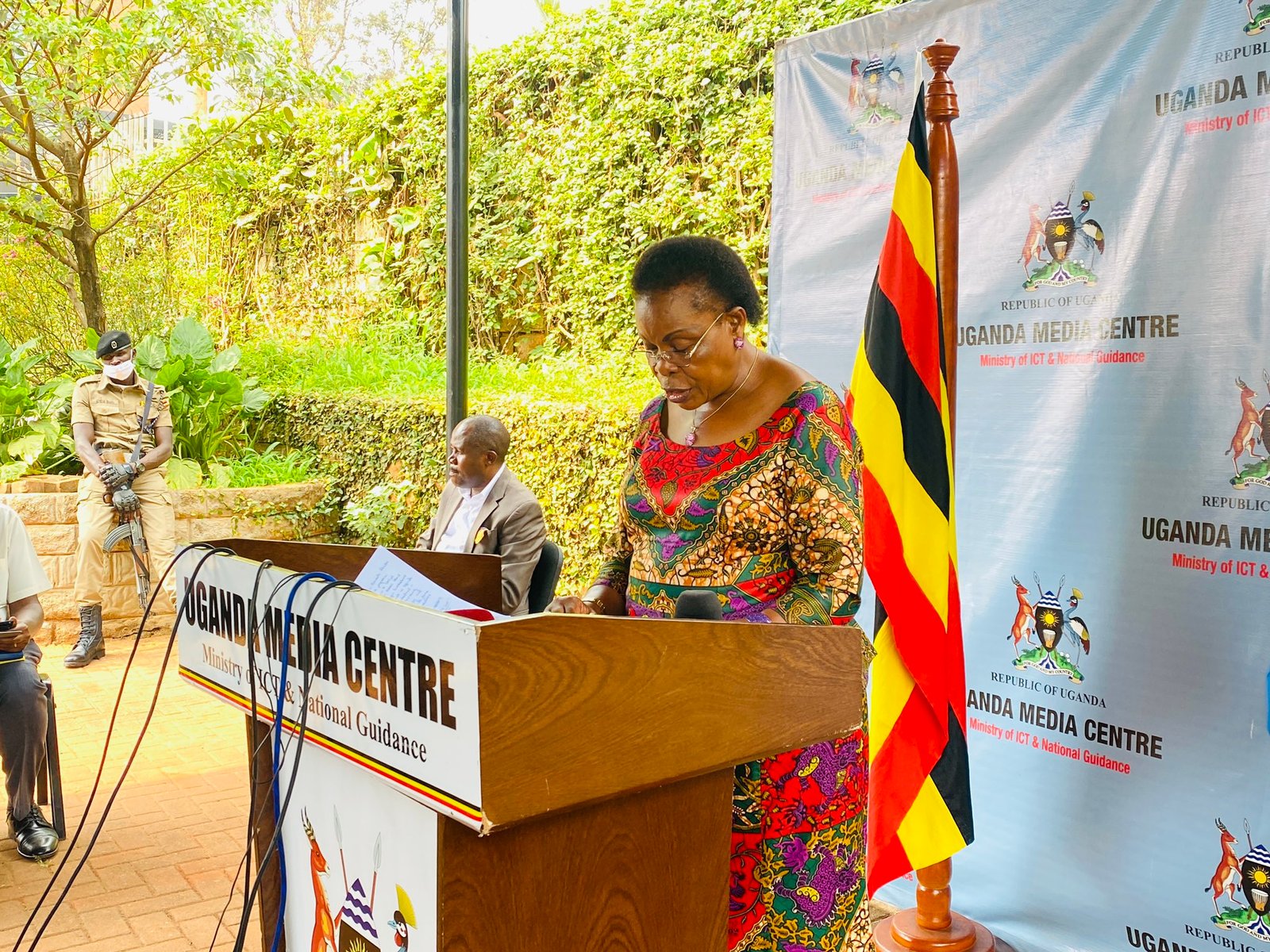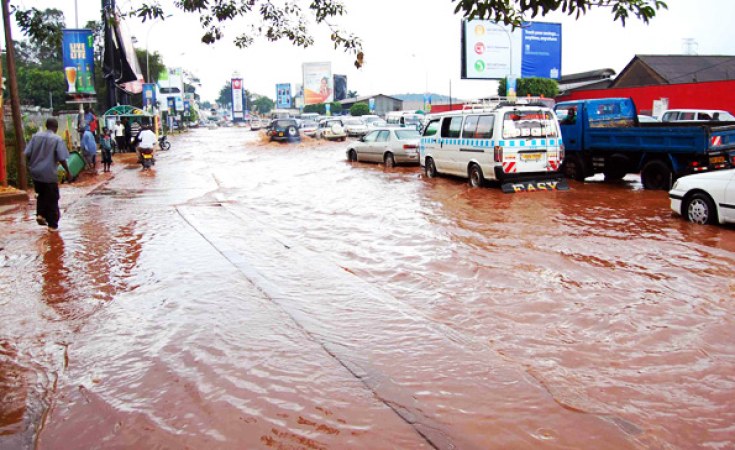President Museveni together with the Uganda Registration Services Bureau have launched the National Intellectual Property Policy and the Security Interest in Movable Property Registry (SIMPO).
During the launch on Wednesday, Museveni said this was a step in the right direction.
“The NRM government continues to support all innovations aimed at increasing the profitability of Ugandans engaged in various enterprises,” said Museveni.
He said the policy will give innovators the full protection of the law through patents, copyright, trademarks among others.
“This will enable these innovators to earn their rightful recognition and financial returns for their toil and sweat. It is important that government creates an environment where creativity and innovation can thrive,” he noted
Museveni said the improvement in the quality of human life and man’s transition from a primitive existence to modernity are attributed to the discoveries in medicine, engineering, architecture among others.
He said it is through the creations of the human mind that we have been able to tame nature throughout the four and a half million years of man’s existence on earth.
Therefore, it is crucial that individuals or groups are rewarded for their innovations.
“However, we cannot talk about Intellectual Property Rights without addressing the issue of funding for our scientists who are behind most of the innovations which benefit all of us,” he said
Museveni said Ugandan scientists are also working day and night to come up with a vaccine and cure to this deadly disease, COVID-19
“Without the work of the scientists, the whole world is doomed. This explains why we should invest highly in the innovations of our scientists. They are our life savers when faced with natural calamities such as, diseases, floods, drought, pests etc,” he said.
He added that NRM government’s drive towards industrialisation is based on scientific research and innovation to support value addition on our local products.
“Uganda is endowed by nature with a wide variety of raw materials that can be processed into finished products. Our agricultural value chain for most products is still incomplete,” he said.

















